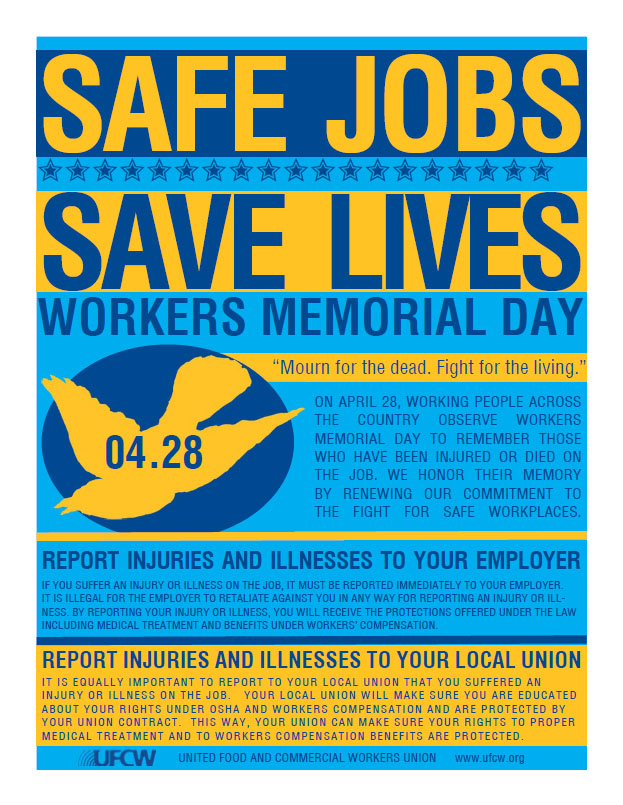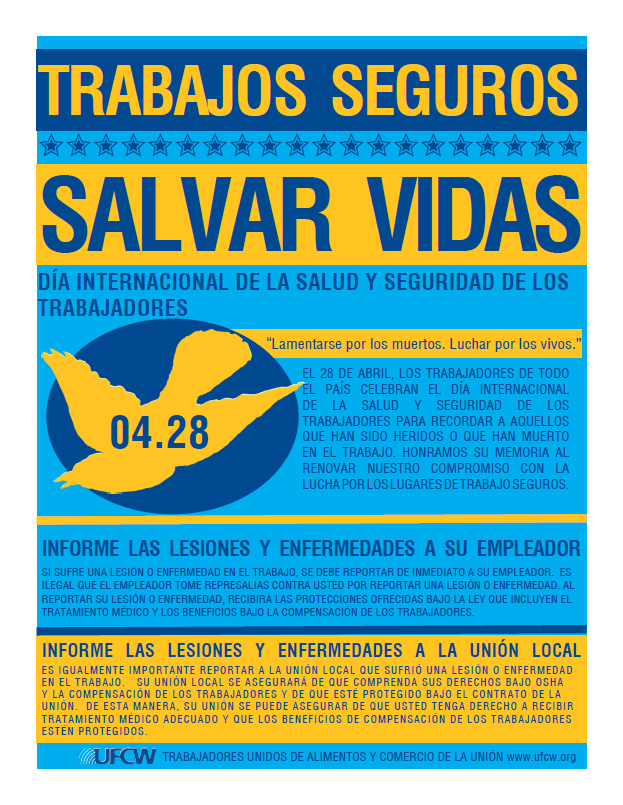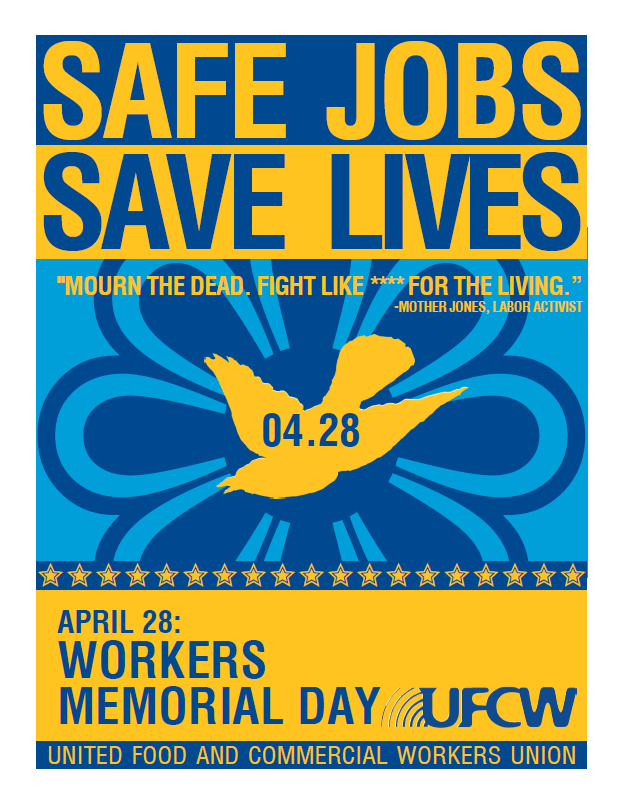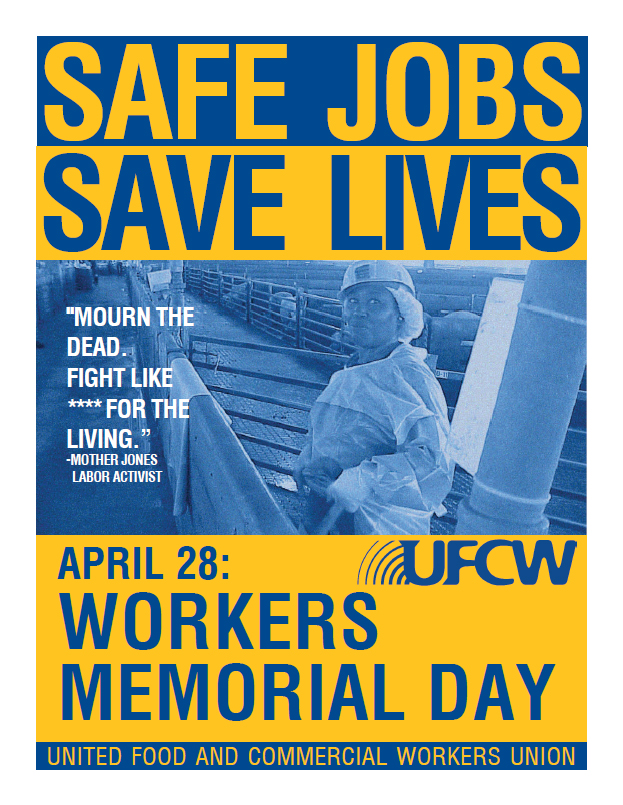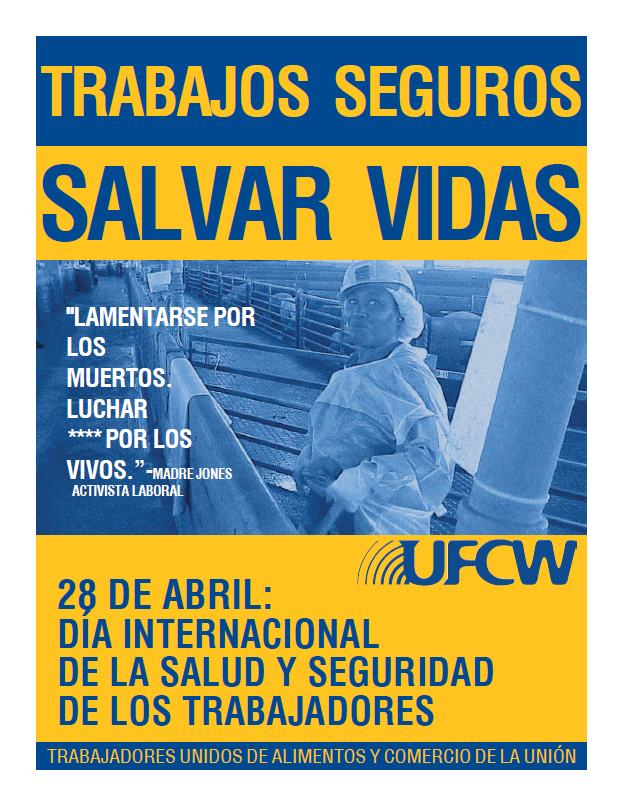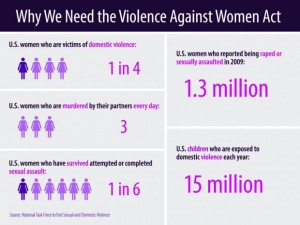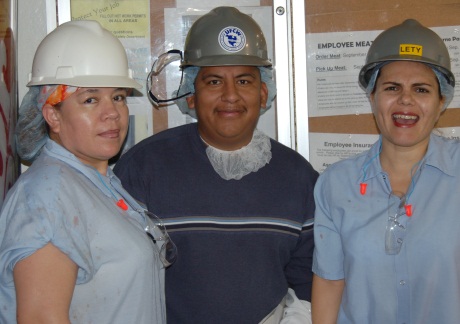 H&M has accepted binding building safety standards at Bangladeshi garment factories following the recent fire and building collapse that killed more than 1,000 garment workers in Bangladesh. By signing the Accord on Fire and Building Safety in Bangladesh, H&M is taking the high road and putting people before profits at their supplier factories.
H&M has accepted binding building safety standards at Bangladeshi garment factories following the recent fire and building collapse that killed more than 1,000 garment workers in Bangladesh. By signing the Accord on Fire and Building Safety in Bangladesh, H&M is taking the high road and putting people before profits at their supplier factories.
Thousands of UFCW members work in the retail industry, including at H&M, and the UFCW will continue to honor the workers who died or were injured in Bangladesh by supporting workers here and abroad who are struggling to protect their basic rights, and by calling on other retailers that have a strong presence in Bangladesh—such as Walmart—to do the right thing and sign this agreement.

